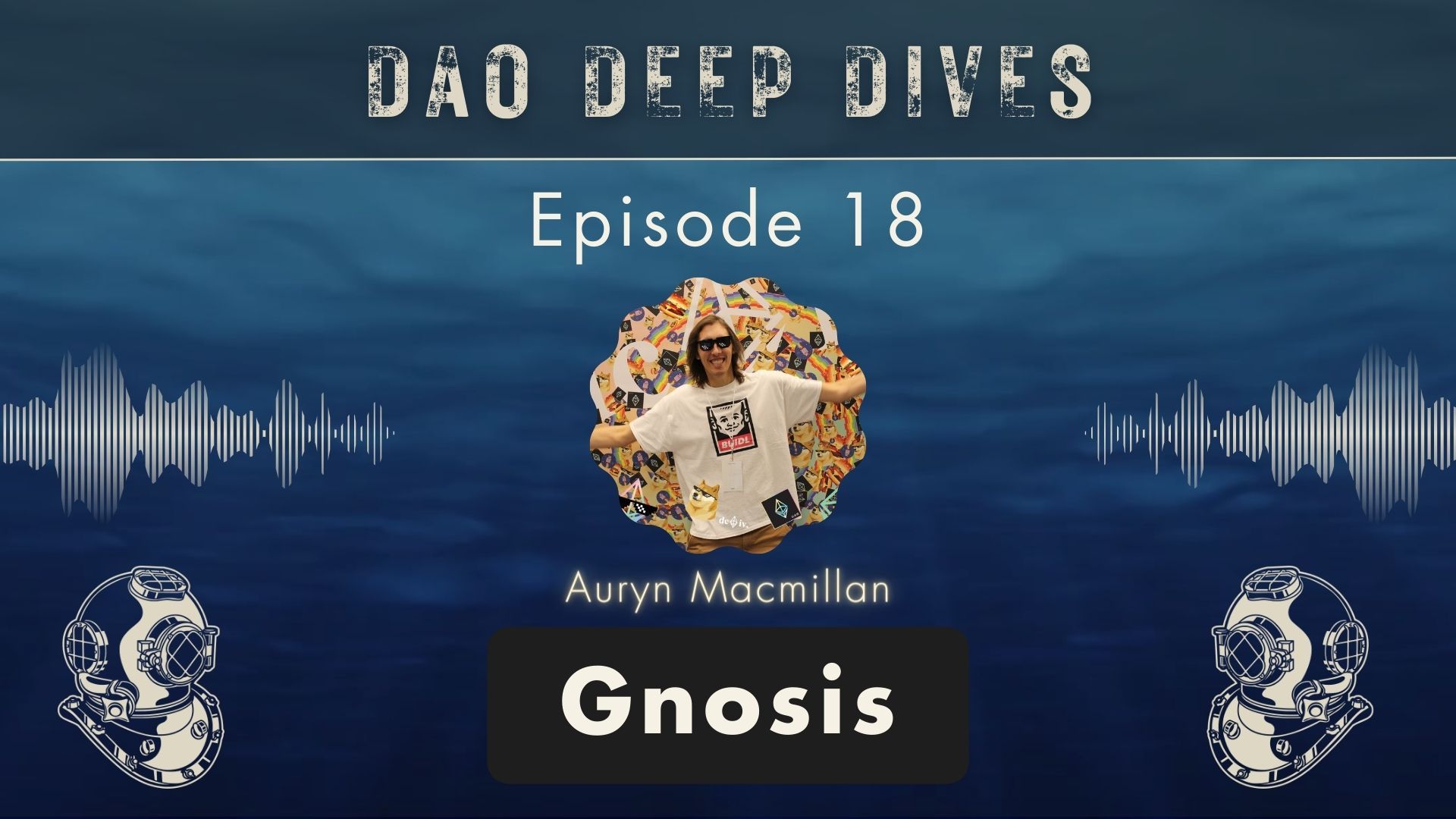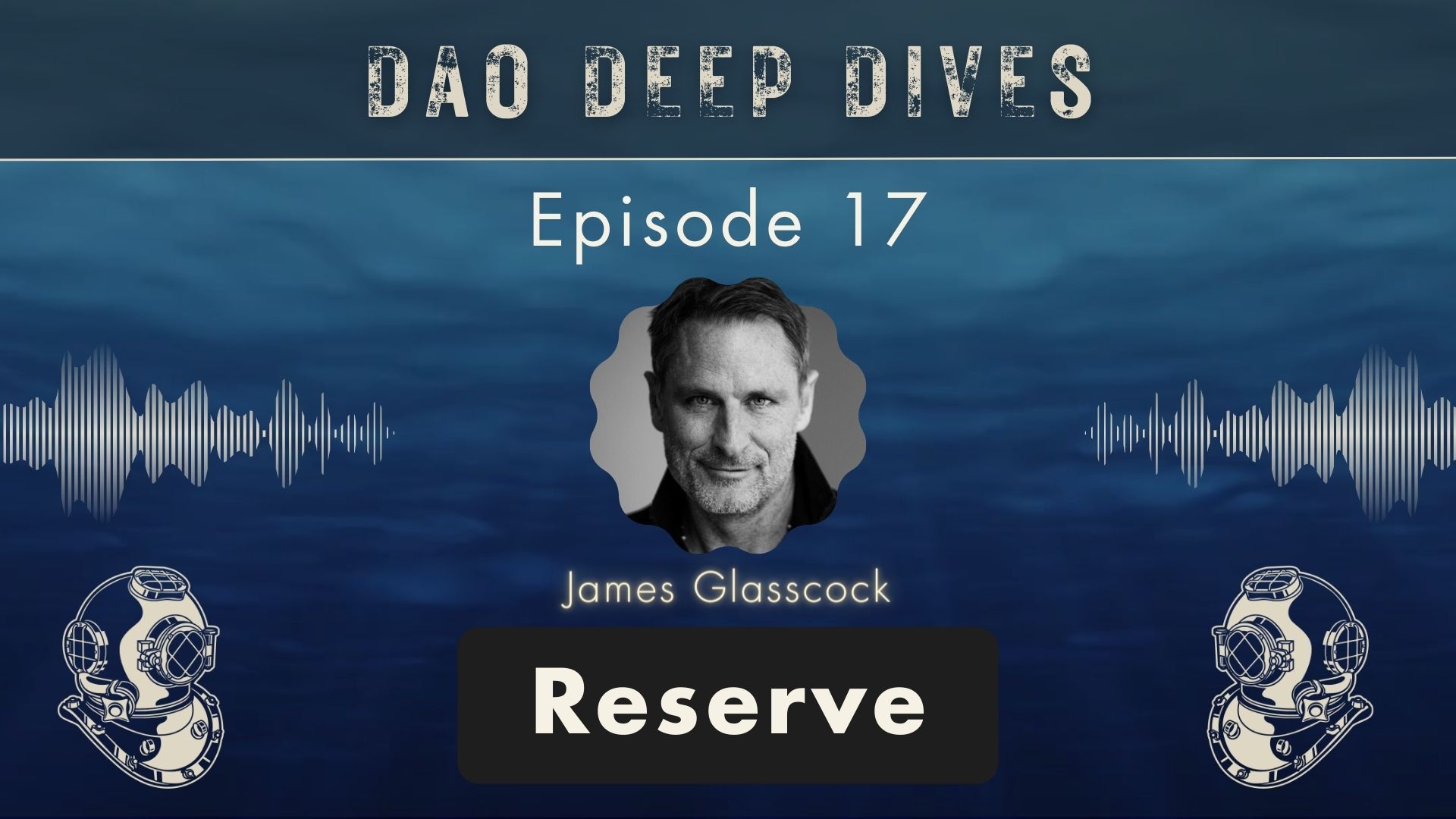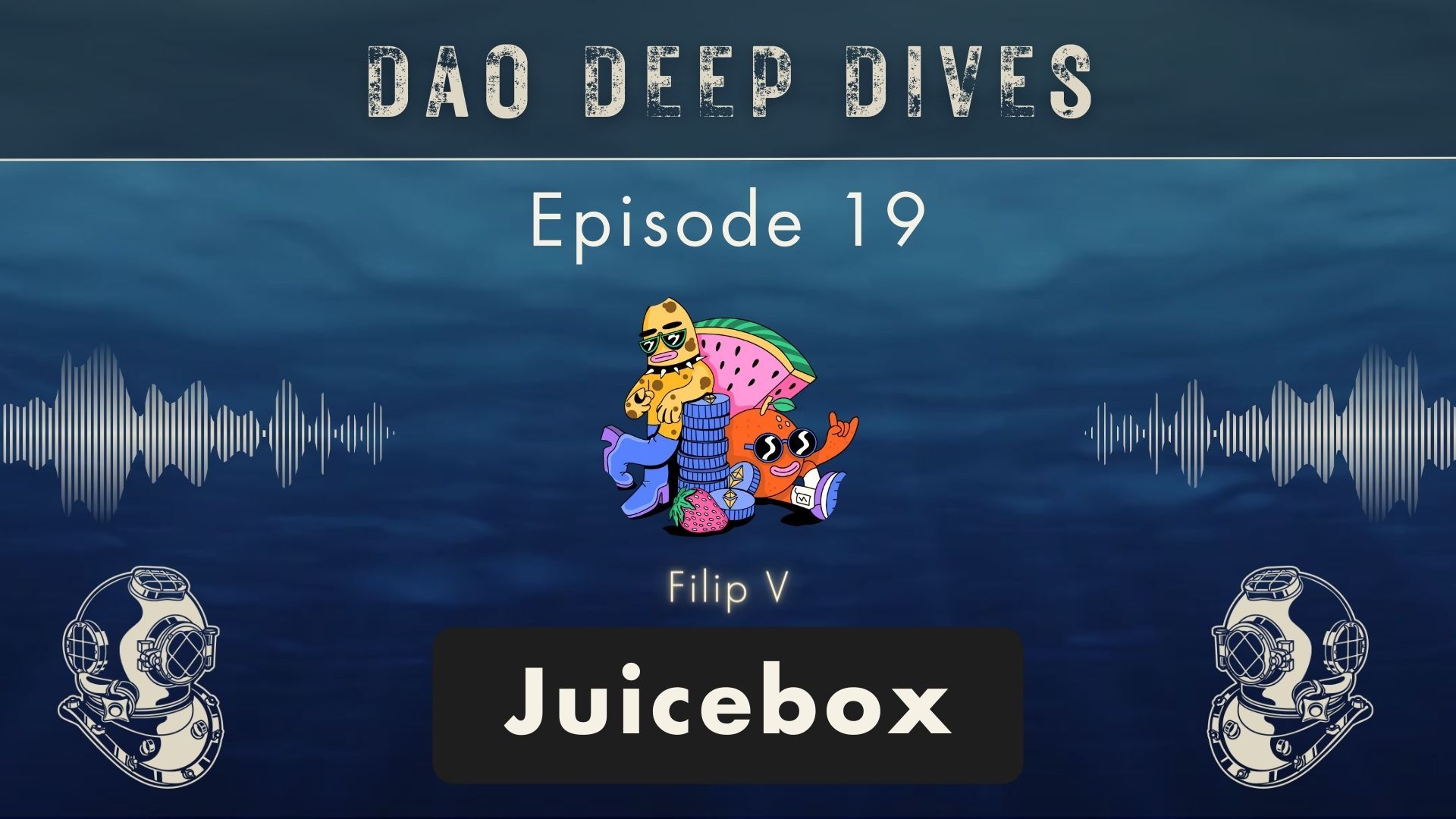This week we talked to Auryn from Gnosis about DAO tooling, Composability and more.
Listen or Watch!
Subscribe now to never miss an episode again.
If you prefer you can also watch the video podcast.

With the rise of DAOs, there has been a parallel evolution of tooling to support and facilitate their creation and operation. In this post, we will explore the evolution of DAO tooling and the importance of composability in Web3.
The Emergence of DAO Tooling
DAO tooling has come a long way since the infamous DAO hack of 2016. In the early days, DAOs were created by writing smart contracts from scratch, which was a complex and time-consuming process. However, as the DAO ecosystem grew, so did the tooling around it. Today, there are a variety of tools available to help create and operate DAOs, from simple templates to complex frameworks.

One of the most significant developments in DAO tooling has been the emergence of multisig wallets. These wallets allow multiple parties to control a single wallet address, making it an ideal tool for DAOs. Multisig wallets have become a standard feature of most DAO toolkits, including Gnosis Safe, one of the most popular multisig wallets in the Ethereum ecosystem.
Other notable tools in the DAO ecosystem include Aragon, which provides a complete infrastructure for creating and operating DAOs, and Colony, a platform for decentralized collaboration that leverages DAO principles.
The Importance of Composability

Composability is a critical concept in Web3, where it refers to the ability of different protocols and applications to work together seamlessly. In the context of DAOs Composability is an important architectural concept that should be well understood by newcomers that may want to start a DAO.
Composable tools and frameworks are becoming increasingly popular in the DAO space as they allow for modular and flexible design. By using these tools, DAOs can easily integrate new functionality and upgrade existing systems without having to completely overhaul their architecture. The downside to this approach is that it can be difficult to make important architectural decisions in the early stages of a DAO's development.
This is where Zodiac comes in. Zodiac is a framework for DAO architecture design that helps DAOs make informed decisions about their infrastructure early on. It provides a set of guidelines and best practices for building composable and upgradeable systems, as well as a suite of tools for implementing these designs. By using Zodiac, DAOs can ensure that they have a solid foundation for their infrastructure and can easily adapt to new challenges and opportunities as they arise.
The Future of DAO Tooling
The evolution of DAO tooling is far from over. As DAOs continue to grow and mature, so too will the tooling around them. We can expect to see more sophisticated frameworks, more intuitive UIs, and more seamless integration with other Web3 protocols.
One area that is ripe for development is the integration of off-chain governance mechanisms with on-chain execution. The Gnosis DAO has already made strides in this area with their Reality module, which uses an Oracle Reality ETH to bring the results of off-chain votes on Snapshot on-chain, and then trigger execution from that.

Why you should listen to this EP
DAOs represent a new way of organizing and governing that has the potential to transform many aspects of our society.
The Gnosis ecosystem, with its focus on multisig wallets, off-chain governance mechanisms, and composability, is at the forefront of this evolution. Gnosis Chain has made it a hub for some of the most exciting DAOs in the Web3 space, and we can expect to see more developments in this area in the future.
To learn more about the evolution of DAO tooling and the importance of composability in Web3, check out the latest episode of the DAO Deep Dive podcast, featuring Auryn Macmillan from Gnosis.




